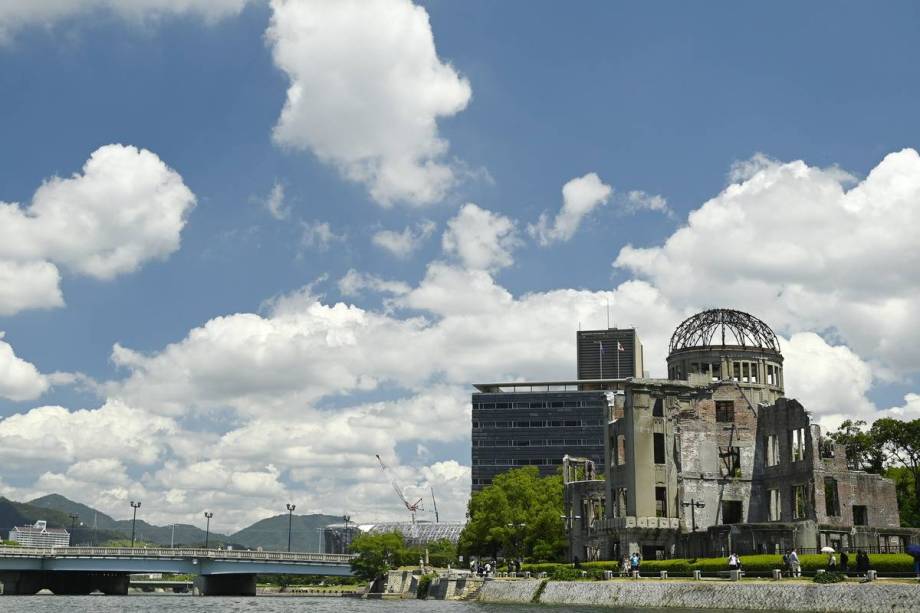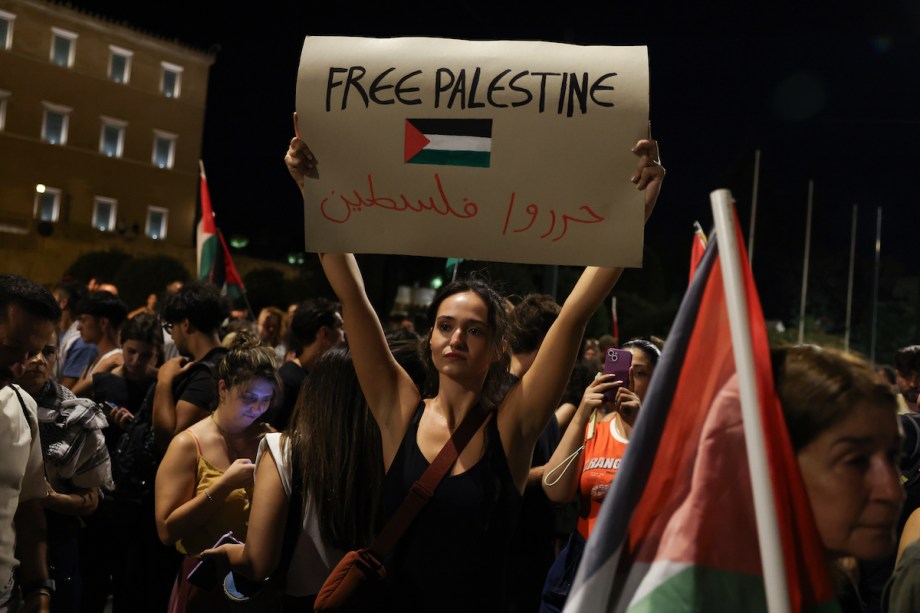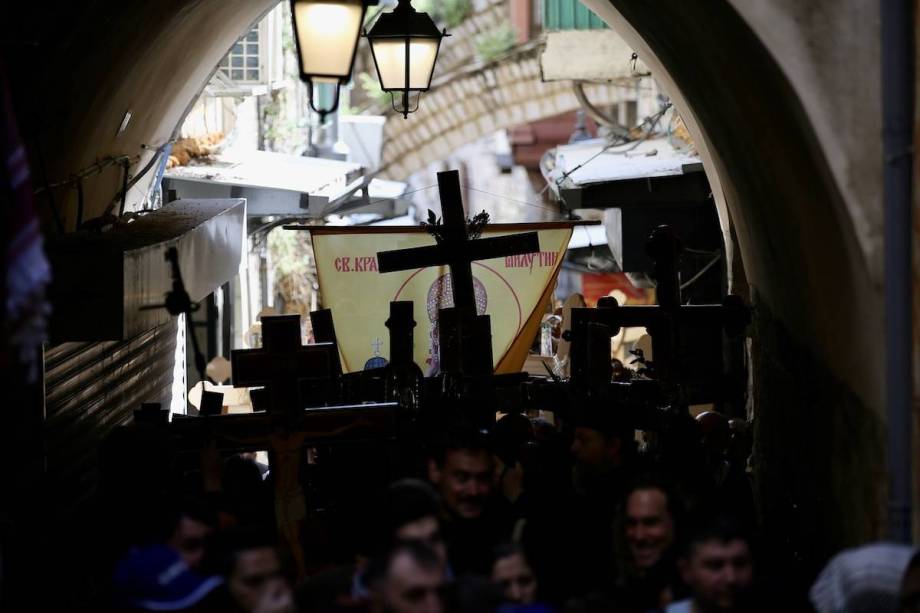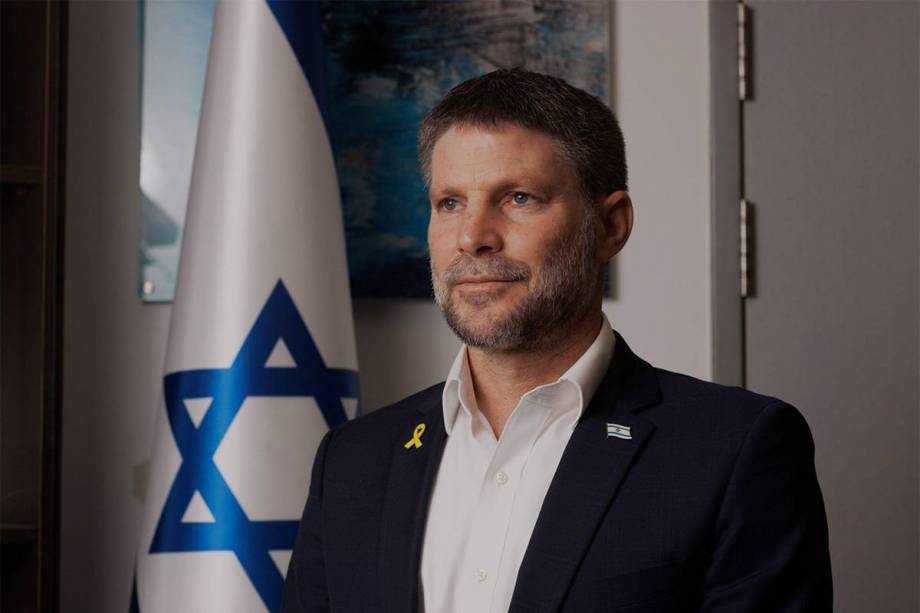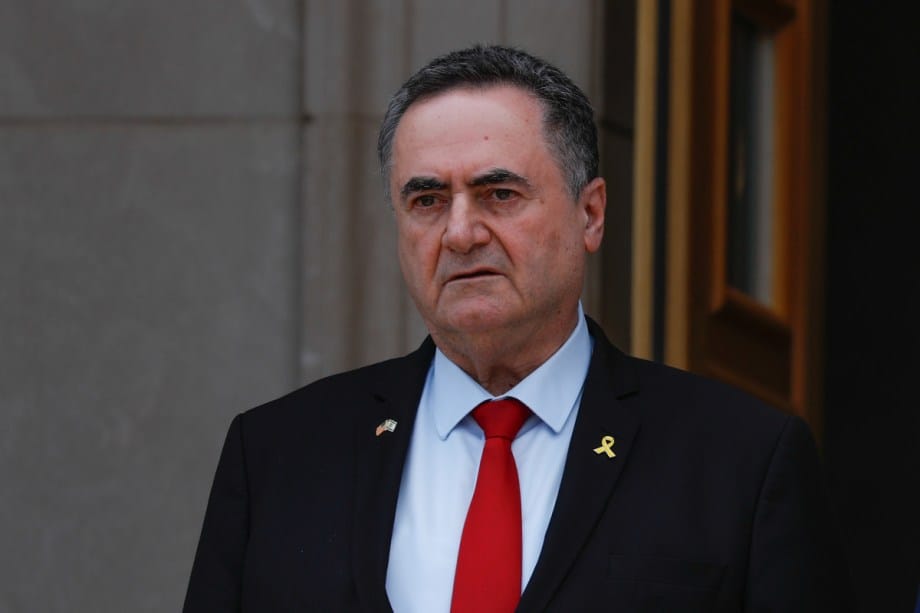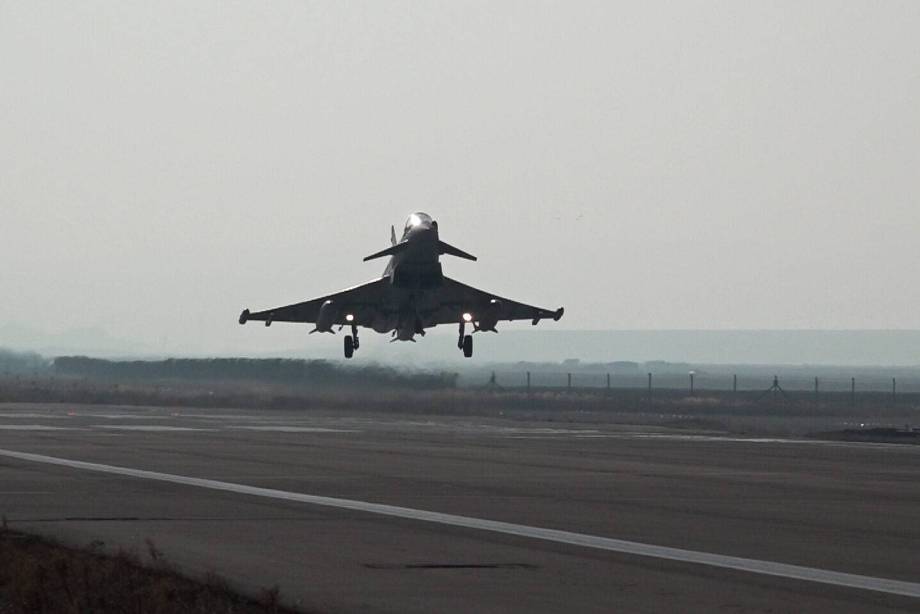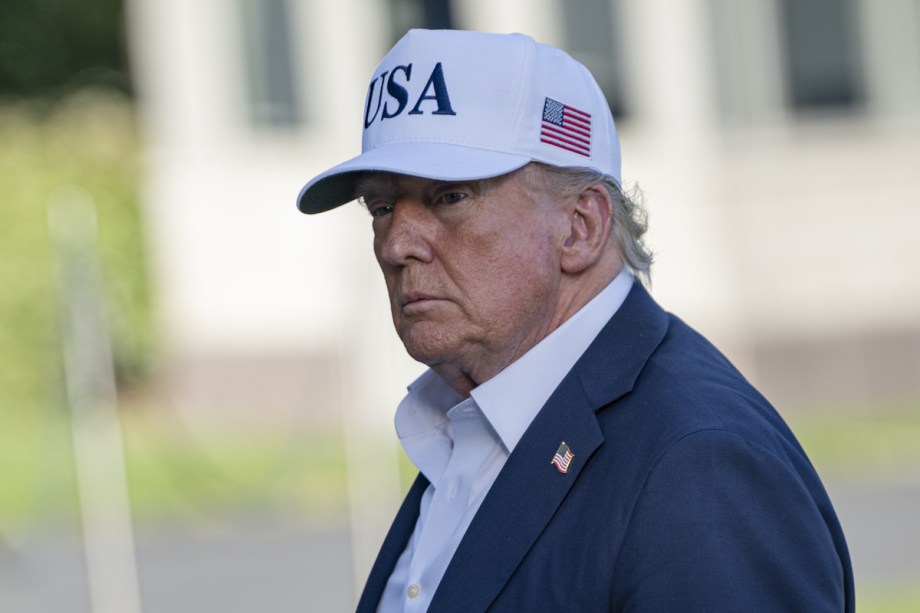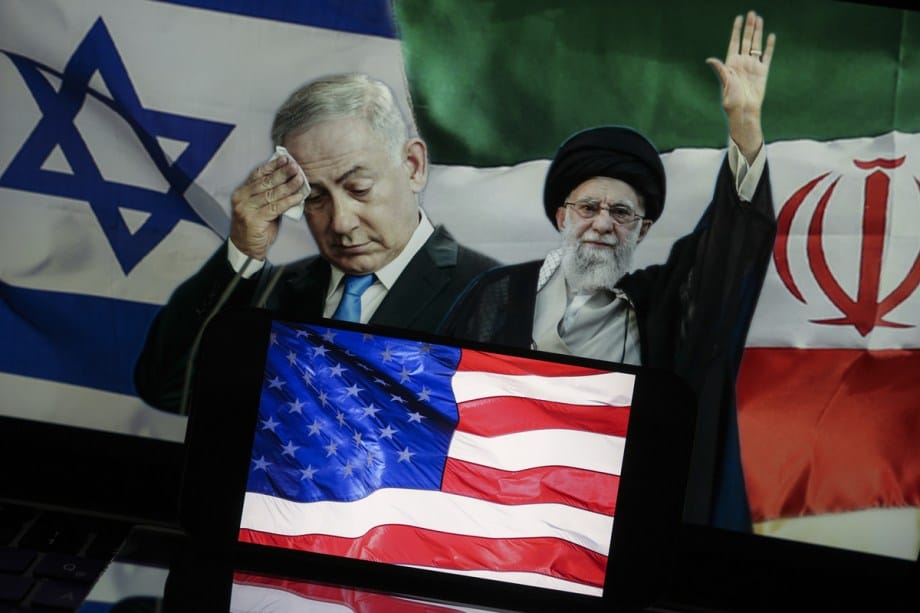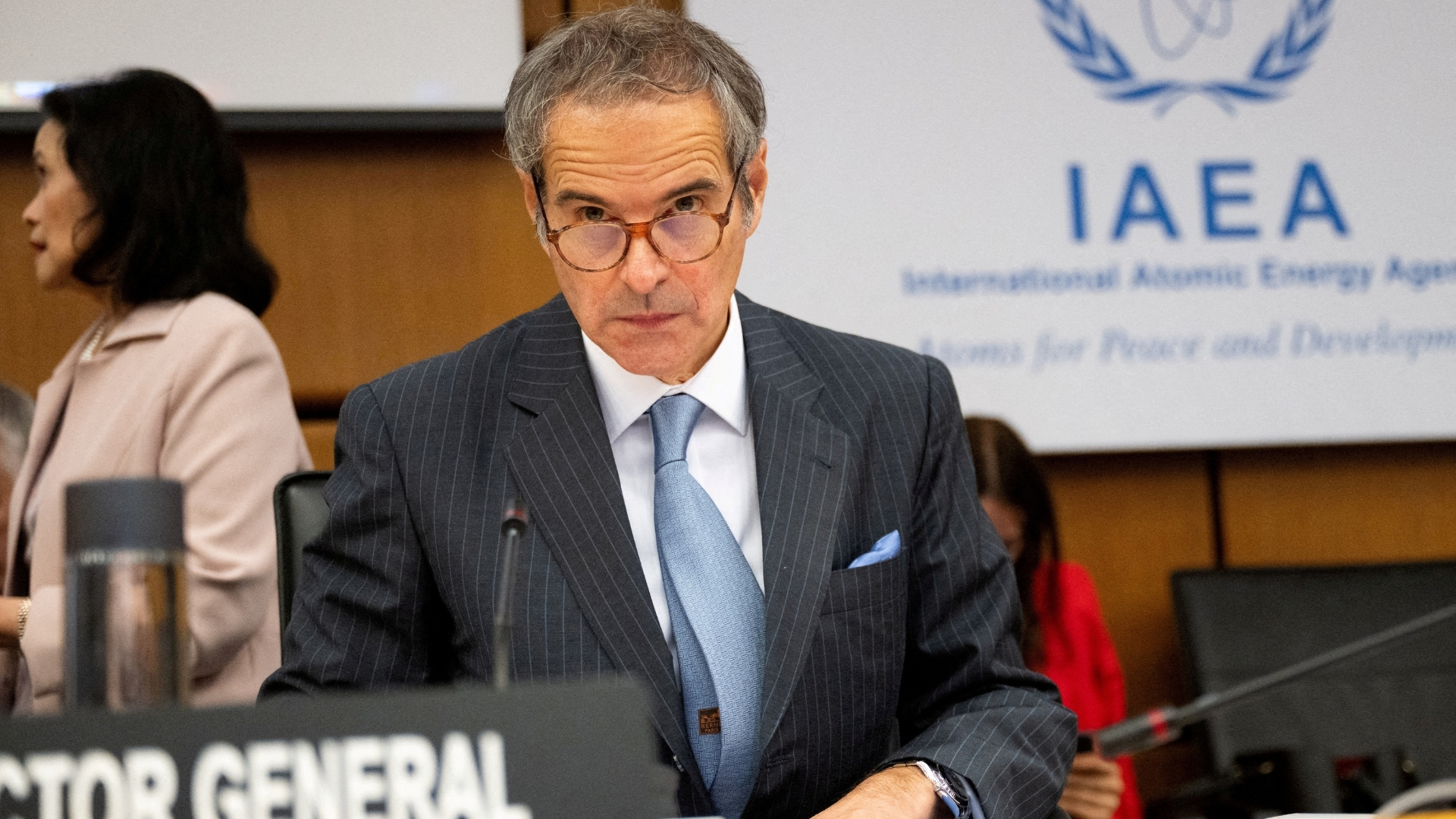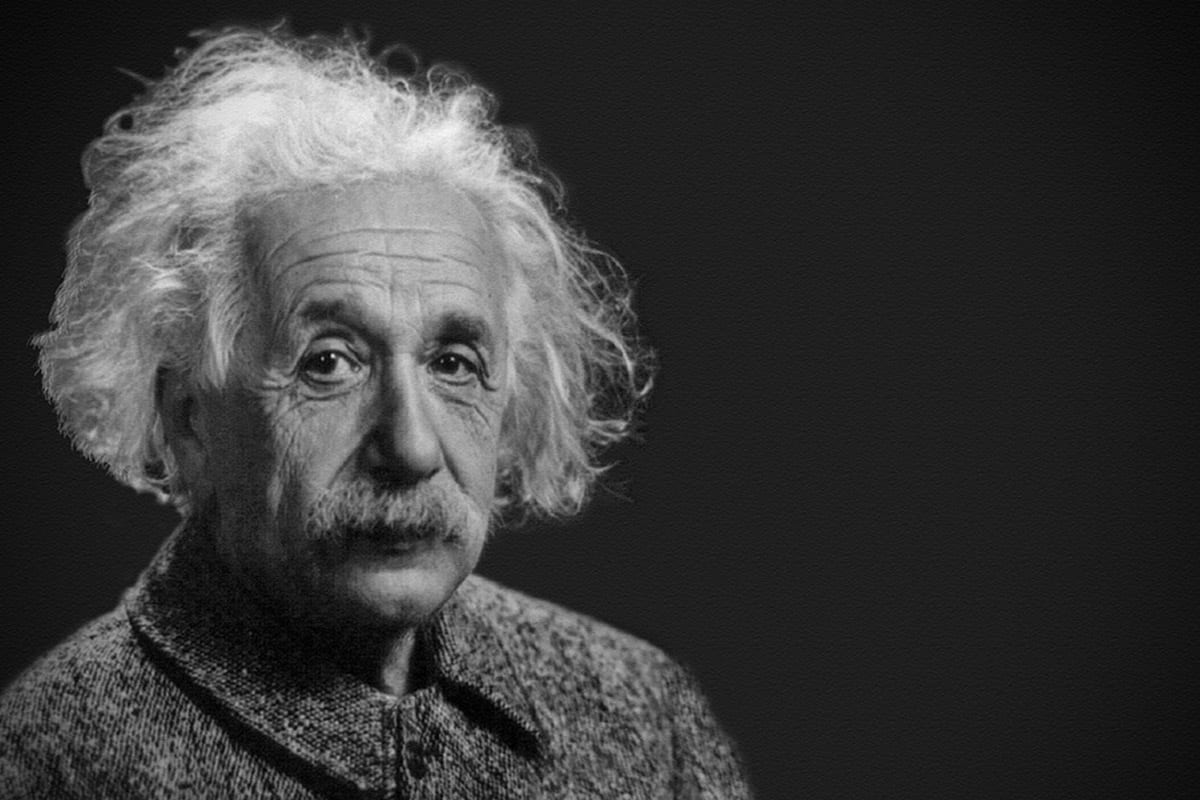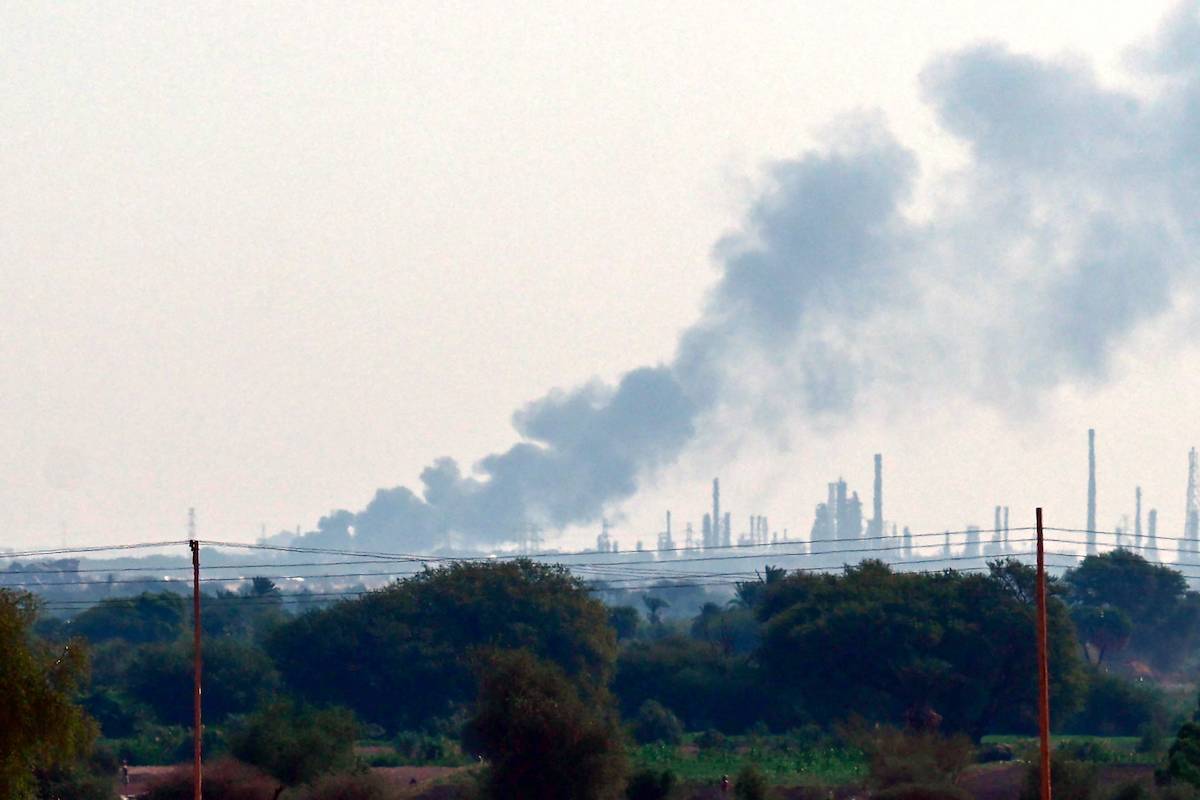How America’s aggressive policies are driving the world toward another nuclear catastrophe – Middle East Monitor
Eighty years ago, on August 6 1945, the sky over Hiroshima lit up with the cataclysmic explosion of the atomic bomb Little Boy; a light that was not a sunrise of hope, but a shadow of death and destruction, reducing over 140,000 people to ashes in an instant. This tragedy became a lasting symbol of nuclear horror, a permanent warning to humanity: the power of nuclear weapons can obliterate civilisation entirely.
Now, on the anniversary of that catastrophe, the United States, through attacks on Iran’s nuclear facilities and escalating confrontations with Russia, is steering the world toward the precipice of a “Hiroshima II.” These actions, which threaten the Nuclear Non-Proliferation Treaty (NPT) and raise the risk of nuclear war to unprecedented levels, endanger global peace and reveal a dangerous shift in Washington’s foreign policy; one that could imperil the very future of humanity.
Attack on Iran: A blow to diplomacy and a spark for nuclear proliferation
On June 22, 2025, the skies over Iran thundered with Tomahawk missiles and stealth B-2 bombers targeting the Fordow, Natanz, and Isfahan nuclear facilities in an operation dubbed “Midnight Hammer.” Occurring amid the short-lived Iran-Israel conflict from 13 to 24 June 2025, this strike was described by US President Donald Trump as a “decisive victory” to prevent Iran from acquiring nuclear weapons. Yet reports tell a different story: the attack only delayed Iran’s nuclear program by a few months, as the country had already secured enriched uranium in safe locations.
The roots of this aggression trace back to the controversial US withdrawal from the Iran nuclear deal (JCPOA) in 2018. Subsequent reports by the International Atomic Energy Agency (IAEA) in 2025 indicated that Iran had enriched uranium to 60 per cent, still below the 90 percent threshold needed for weapons-grade material. Pressure from Israel, especially information presented by Benjamin Netanyahu in February 2025, pushed Washington toward this military strike. But this first direct military assault on another nation’s nuclear program since World War II had profound consequences: Iran suspended cooperation with the IAEA and announced it would no longer adhere to NPT restrictions.
The US attack on Iran’s nuclear facilities didn’t just torch years of diplomatic efforts; it’s pushed the world to the edge of a nuclear abyss. Since 1968, the Non-Proliferation Treaty (NPT) has stood on three shaky legs: stopping the spread of nukes, disarming those who have them, and ensuring nuclear energy stays peaceful. Now, Washington’s unilateral move threatens to kick those legs out from under it. Rafael Grossi, head of the IAEA, didn’t mince words: the strike could “bring the entire non-proliferation system crashing down.” Iran, now more determined than ever, might follow North Korea’s playbook, chasing nuclear weapons with renewed vigor. That could set off a domino effect, with Saudi Arabia, Turkey, or even Egypt eyeing their own nuclear arsenals to keep the regional balance from tipping.
From the collapse of nuclear order to human catastrophe
The fallout from America’s strike stretches far beyond the Middle East. By undermining the NPT, it’s fanned the flames of global nuclear ambition. Allies like South Korea, Japan, and Poland, long sheltered under the US nuclear umbrella, might start questioning their reliance on Washington and consider going their own way. In the Gulf, Saudi Arabia and the UAE could hit the gas on their own nuclear programs, risking a full-blown arms race across the region.
At the 2025 Hiroshima memorial, Mayor Kazumi Matsui sounded the alarm, warning that “nuclear weapons are becoming normalized” amid crises in Ukraine and the Middle East. The Hiroshima Survivors’ Association, known as Nihon Hidankyo and honored with a Nobel Peace Prize, slammed the US for ignoring the scars of Hiroshima’s past. Pope Leo XIV and UN chief António Guterres issued a rare joint plea, urging a return to diplomacy and warning that nukes are once again tools of intimidation, not deterrence.
The stakes couldn’t be higher. The Stockholm International Peace Research Institute (SIPRI) reports that 2025 has ushered in a new arms race, with defense budgets ballooning and nuclear stockpiles getting modern makeovers. In this tinderbox, one misstep, whether a rash decision or a simple miscalculation, could spark a disaster that wipes out millions and leaves the planet’s ecosystems in ruins for centuries.
The urgent need for multilateral diplomacy
History proves that nuclear stability hinges on global cooperation, not cowboy bravado. Treaties like the NPT and the Strategic Arms Reduction Treaty (START) only worked when big players respected each other’s red lines. The US strike on Iran, coupled with escalating tensions with Russia, spits in the face of that principle, shoving the world toward chaos. The only way out is to swap bombs for talks. Urgent negotiations, pulling in Iran, Russia, China, Europe, and others, are the last hope for shoring up the non-proliferation system and cooling global tempers.
Eighty years after Hiroshima, the world faces a gut-check moment. The US, which unleashed the first nuclear horror, is now steering humanity toward another with its reckless policies. Hiroshima taught us that nuclear weapons don’t bring security or triumph, only devastation. If this path continues, the next Hiroshima won’t be one city but the entire globe, with no one left to bear witness.
The views expressed in this article belong to the author and do not necessarily reflect the editorial policy of Middle East Monitor.
